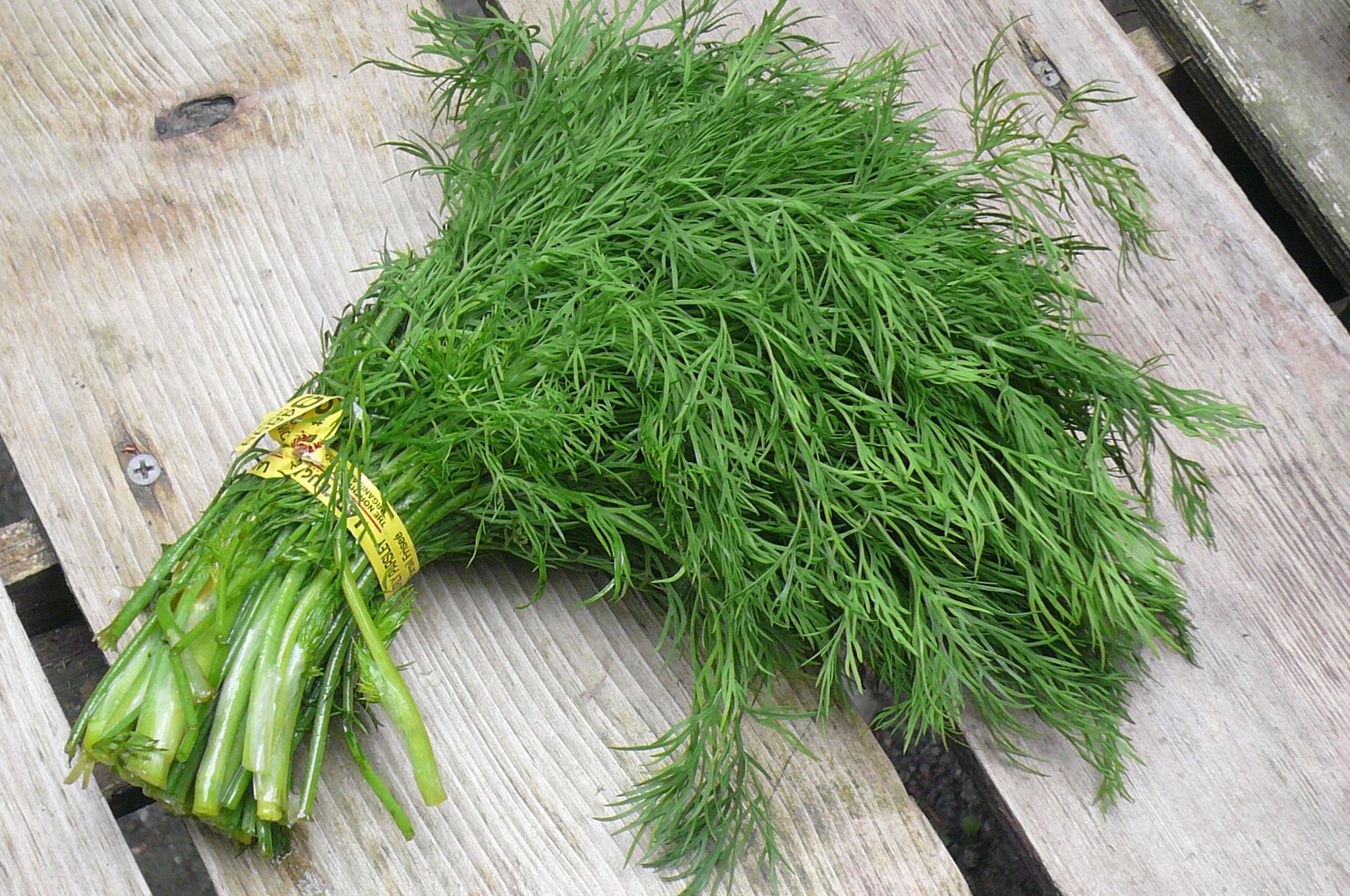Some people are prescribed blood thinners by their doctor. Blood thinners can reduce the risk of a stroke or heart attack. People at risk of this sometimes have to take blood thinners for their entire lives. However, these drugs also have side effects. In consultation with a psychotherapist or naturopathic doctor, you can choose to take natural remedies without side effects. Sometimes natural remedies even have positive side effects.
How is thick blood formed?
When someone has too high hematocrit values in their blood, the blood becomes thick and viscous. In popular parlance, we speak of ‘thick blood’. With thick blood, there are too many red blood cells in the blood. This can be dangerous because it slows the flow. There is even a chance of clogging.
Positive side effects of medicinal plants
The opening paragraph already mentioned the positive side effects of medicinal plants. For example, ginkgo Biloba (see the main photo) thins the blood and this herb sharpens the mind. People with forgetfulness are prescribed Ginkgo Biloba. This is a harmless herb that thins the blood just like aspirin. Aspirin, on the other hand, has all kinds of side effects that are only likely to increase if you use it for a long time.
Exercise and eat lots of fruits and vegetables
First, it is important to realize that taking substances is not the only cure. A lot of exercises is essential to keep the blood thin. Eating a lot of fruit and vegetables, in general, helps to keep the blood from getting too thick. You can safely eat half a kilo of vegetables and four to five pieces of fruit a day.
1. Cayenne Pepper
Cayenne pepper but also fresh red pepper are products that naturally thin the blood. It also lowers blood pressure; this is because the blood vessels widen slightly, making it easier for blood to flow through the veins. Those who like spicy food have less chance of getting too thick of blood. Cayenne pepper is not only a preventative, but also a curative, or healing agent for thick blood. However, it may be that you do not feel like sharp food every day. That is not a problem at all because there are many other blood-thinning foods.
Reading Suggestions: Meat Dishes From The Microwave
2. Turmeric
Turmeric is also called turmeric. This Indian substance has many medicinal properties. It is best known for its ability to prevent and probably even help cure cancer. Research into this will be conducted in 2014 at the AMC in Amsterdam. In any case, it is known that turmeric has a blood thinning effect.
3. Garlic
Garlic is a plant-based antibiotic. It eliminates pathogenic bacteria more effectively than synthetic antibiotics. It also cleans the veins. Garlic is one of the few foods that removes oxidized cholesterol deposits on the lining of the arteries. This makes the blood flow more easily and lowers blood pressure. Another way garlic helps our blood is that it thins the blood.
4. Bromelain in Pineapple
Pineapple is a deliciously sweet fruit. It can counteract swelling such as carpal tunnel syndrome and edema. Pineapple is therefore rightfully a medicinal fruit. It also has a blood-thinning effect. You can easily eat one pineapple in one day for two. Put a plate of pineapple cubes on the table and be amazed at how quickly this medicinal fruit disappeared from the table.
5. Water
We drink too little water. Our body consists of 80% water and needs around two liters per day. The exact requirement depends on your body weight. Drinking too little water can lead to thick, viscous blood and in its wake to a build-up of toxic substances in the blood, which even increases the risk of all kinds of blood diseases. So drink plenty of water every day, especially if the doctor has told you to take blood thinners.

6. Cinnamon
Cinnamon is also a natural blood thinner. Other products such as cayenne pepper are more suitable for dinner, but cinnamon is excellent for homemade muesli or oatmeal. Oatmeal with grated apple and cinnamon plus a knob of butter is a typical Dutch, underrated breakfast.
7. Dill
Dill is a nice green herb that you can sprinkle over a salad or boiled potato. In addition, dill is delicious in soup. It even fits in a herbal tea based on green herbs.
8. Oregano
Oregano is a green herb that you can combine with dill to have two blood-thinning herbs in one soup or salad. In addition, both dill and oregano are an excellent addition to a vegetable smoothie.
9. Ginkgo biloba
Ginkgo biloba is available as a tea in organic stores. This herb is especially good for cognitive skills. It is recommended by physiotherapists for people who have to do heavy mental work such as taking exams or doing a demanding study. An added benefit is the use of ginkgo Biloba as a blood thinner. Goethe already knew that; he had heart cramps or angina pectoris and noticed that if he drank ginkgo Biloba tea these cramps were a lot less.
10. Dried Fruit
At the outset, it says that fresh fruit is a good blood thinner. Yet as human beings we sometimes want to spoil ourselves by enjoying sweet things. That in itself can’t hurt if it’s an exception. And if we fill in the sweetness naturally with dried fruits, it even has medicinal value. The following dried fruits have blood-thinning properties: raisins, cranberries, plums, and cherries. Sweeten wisely, and eat medicinal fruits!
NB! This article is written from the personal point of view of the author and may contain information that is not scientifically substantiated and/or is in line with the general view.































